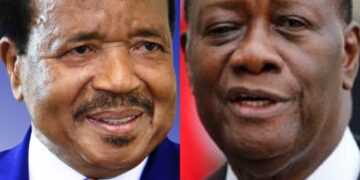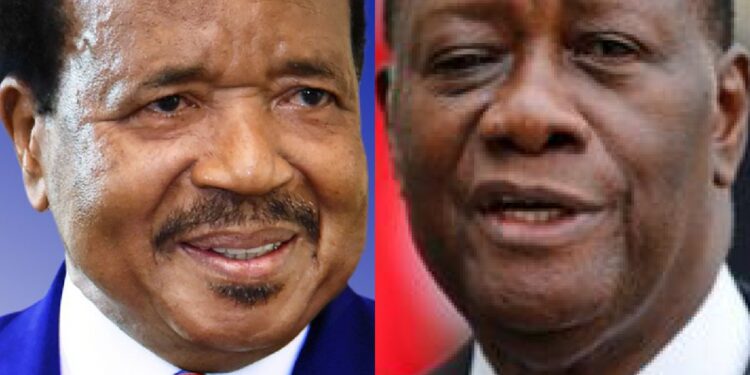The issue of term limits in Africa has continued to gain prominence in recent years owing to the insatiable urge for power exhibited by heads and leaders of the clime.
Such desire has plunged several African countries into chaos and violence culminating in the wanton destruction of lives and properties.
For over two decades, the trend of entrenched leadership has spread widely across the region; a number of African leaders have changed the constitutions in order to relax or completely remove presidential term limits in a bid to satisfy their obviously selfish desires.
The ‘Third Terminism’ endemic has eaten deep into the continent’s political terrain, to a degree that it has become a norm to its inhabitants.
The Late President of Zimbabwe, Robert Mugabe once said while speaking at the African Union (AU) summit held in Sandton, South Africa few years ago, “we (in Africa) put a rope around our own neck and say leaders must only have two terms”. Two terms is like two weeks.”
For most of us who have stumbled on Mugabe’s speeches, we could call him a loquacious person no doubt, but for a fact that he ruled the South African nation for three decades brings to bear the seriousness embedded in such statement.
In 2020, three sitting African leaders had slept in power for more than three decades each; Teodoro Obiang Mbasogo in Equatorial Guinea, Paul Biya in Cameroun, and Yoweri Museveni in Uganda.
Few months ago, the reelected president of Guinea, Alpha Conde had indicated interest for a third term; an announcement that sparked controversy following a change to the constitution that was approved by a referendum in March. A move Conde’s supporters claimed was “a reset button” on the two-term limit, making him eligible for reelection.
In what seem to be predominant in the West African region, Ivorian president, Alassane Ouattara, declared his ambition to gun for the position for the third time and was announced winner of the Presidential election on Tuesday, which had been rocked by civil unrest; leaving scores dead.
However, the same Outtara had in 2011, refused Lauren Gbagbo the chance to govern the country to for another term after forces loyal to him with the help of French troops forced the latter out of office.
Ouattara had vowed to step down, but his plans took a hit in July when his anointed successor, Prime Minister Amadou Gon Coulibaly, died suddenly of a heart attack.
Thus, Ouattara said that a 2016 revision to the constitution reset the presidential term counter to zero.
Alassane Ouattara, 78, gathered 94.27% of the vote in the first round at a participation rate of 53.90%. As the main opposition camps — who still perceives Ouattara’s candidacy as a constitutional coup d’etat, chose to boycott the election in civil disobedience.
Thus, with the unfolding event in Ivory Coast, the question a few observers of the country’s democracy may ask is, why would the international community keep mum over President Outtara’s third term bid after Laurent Gbagbo had been removed over similar ambition?




































